|
|
|
|
Nau mai haere mai, welcome to this week’s newsletter.
With the government’s 2022 budget just over a week away, there is plenty to focus the mind: inflation and the cost of living, poverty and the wealth gap, public health investment and pandemic recovery – all needing money, all urgent.
At the heart of any budget, of course, is revenue – taxes, in other words. So, we’re kicking off our pre-budget coverage today with a look at the “missing limb” of New Zealand’s body of taxes, a wealth tax.
As Victoria University’s Lisa Marriott argues, its absence underscores an inherent unfairness in the system because “wealth inequality is greater than income inequality” but only income is comprehensively taxed. Given how gun-shy successive governments have been, Marriott writes, it’s probably time the issue was put to the popular vote.
We’ve also asked a variety of expert authors to write about what a budget would deliver in an ideal world, from public transport to the arts, and we’ll be publishing their analyses daily until budget day. Until then, take care and mā te wā.
|

|
Finlay Macdonald
Senior Editor, New Zealand
|
|

Lisa Marriott, Te Herenga Waka — Victoria University of Wellington
A wealth tax has long been in the too hard basket for successive governments, but it’s time to take it out and properly debate the fairness of the current system.
|
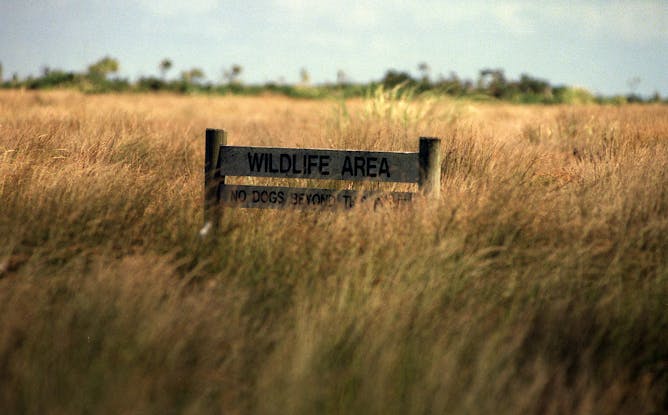
Matthew Hall, Te Herenga Waka — Victoria University of Wellington; Allan Brent, Te Herenga Waka — Victoria University of Wellington
New Zealand’s native wildlife and habitats are at extreme risk, but there is a dangerous disconnect between strategic aspiration and planned action.
|

Alexander Gillespie, University of Waikato
The crisis in Ukraine, and the real risk of it spilling across borders, is precisely the kind of great power conflict the United Nations was formed to prevent.
|
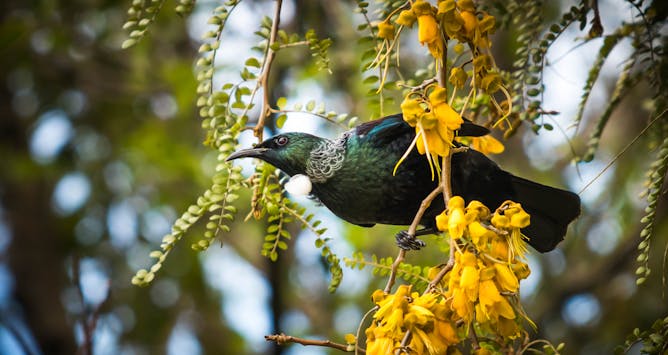
Elizabeth Elliot Noe, Lincoln University, New Zealand; Andrew D. Barnes, University of Waikato; Bruce Clarkson, University of Waikato; John Innes, Manaaki Whenua - Landcare Research
Invasive mammals have already removed some native bird species from our cities. It’s why urban forest restoration and predator control are crucial to support the ‘ghosts of predation past’.
|

Blake Bennett, University of Auckland
Policies to protect children in sport have been poorly understood by coaches and sports organisations. What can we do to ensure kids are safe but are also getting the most out of playing sport?
|

Holly Thorpe, University of Waikato; Agatha Gibbons, University of Waikato; Stacy T. Sims, University of Waikato
A new wave of women in sport science is helping us see how women can perform at their best with their menstrual cycle. But there are still gaps and silences – which is why Lydia Ko’s comment matters.
|
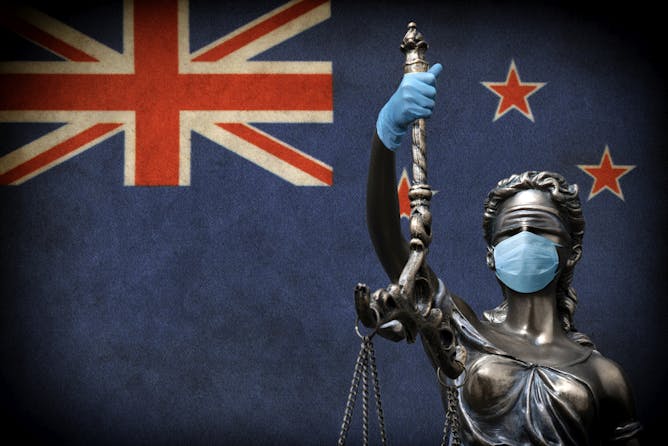
Claire Breen, University of Waikato
Some New Zealanders say the government’s COVID-19 response has violated their rights, but do freedoms granted by the Bill of Rights trump the rest of the legal framework?
|
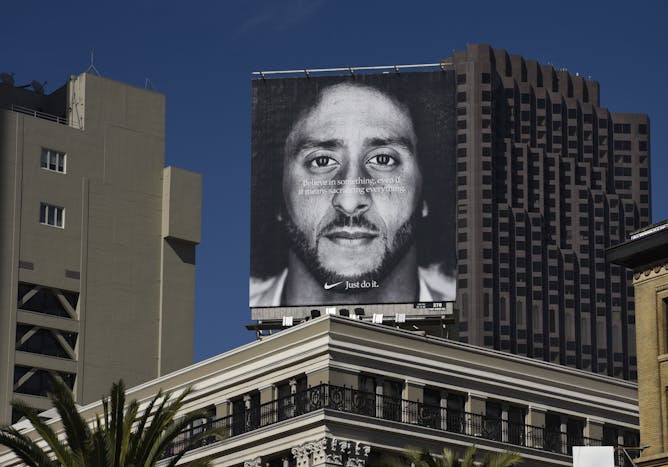
Jessica Vredenburg, Auckland University of Technology; Katharine Howie, The University of Southern Mississippi; Rhiannon M. Mesler, University of Lethbridge
Companies are increasingly taking a stand on social and political issues, but they risk alienating customers in the process. Are other brands learning how to benefit from the backlash?
|
From our foreign editions
|
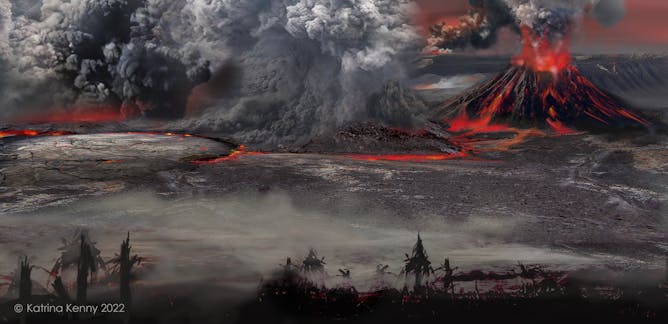
Timothy Chapman, University of New England; Ian Metcalfe, University of New England; Luke Milan, University of New England
Research has found evidence in NSW for one the most devastating series of volcanic eruptions known.
| |
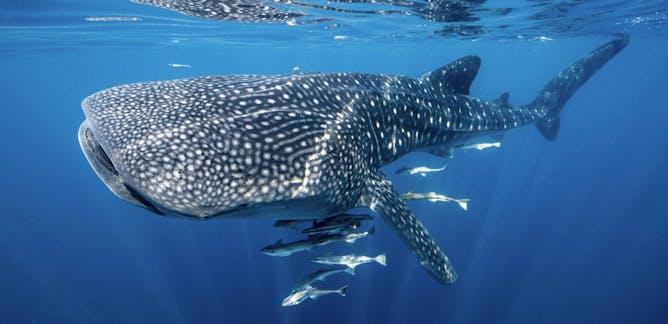
Freya Womersley, University of Southampton; David Sims, University of Southampton
Plankton-eating sharks are struggling to navigate crowded ocean highways, a new study suggests.
|

Barbara Pierscionek, Anglia Ruskin University
The eyes can reveal many health problems, from high cholesterol to thyroid disease.
| |

Thomas Doherty, Brandeis University
The custodians of one of Hollywood’s most reliable cash machines have been careful to sidestep political minefields that might remind customers of a realm outside the Magic Kingdom.
|

Filippo Menczer, Indiana University
Elon Musk said he wants to make Twitter a platform for free speech. Here is what research shows about claims of political bias and excessive moderation.
| |
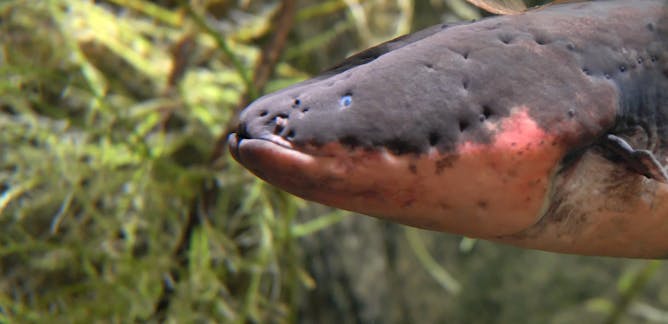
Timothy J. Jorgensen, Georgetown University
One species of eel can discharge 860 volts of electricity – that’s 200-fold higher than the top voltage of a single lithium-ion battery.
|
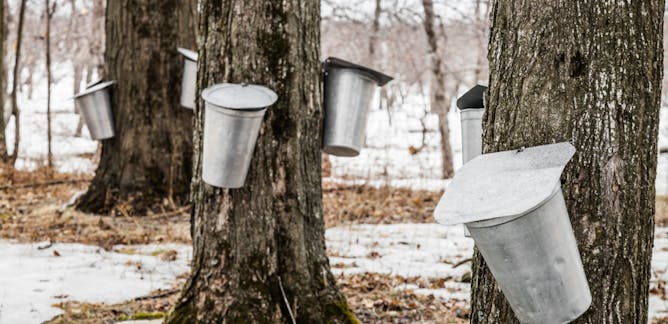
Sébastien Cardinal, Université du Québec à Rimouski (UQAR); Amy McMackin, Université du Québec à Rimouski (UQAR)
Apart from being a jewel of Canada’s culinary heritage, maple syrup has a complex chemical constitution.
| |
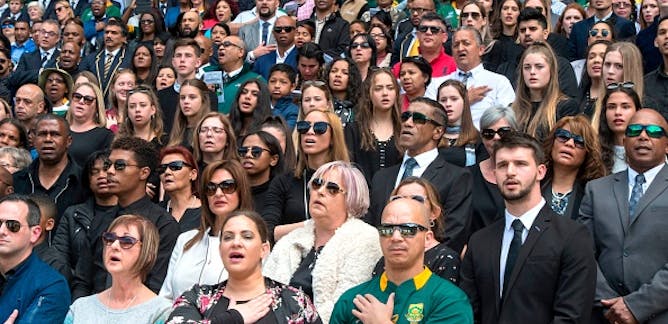
Christi van der Westhuizen, Nelson Mandela University
Avoiding trite moralisations, Professor Southall uses empirical research to shed light on white South Africans’ adjustment to democracy.
|
|
|
| |
| |
| |
| |
|
|
|
|
|
|
|